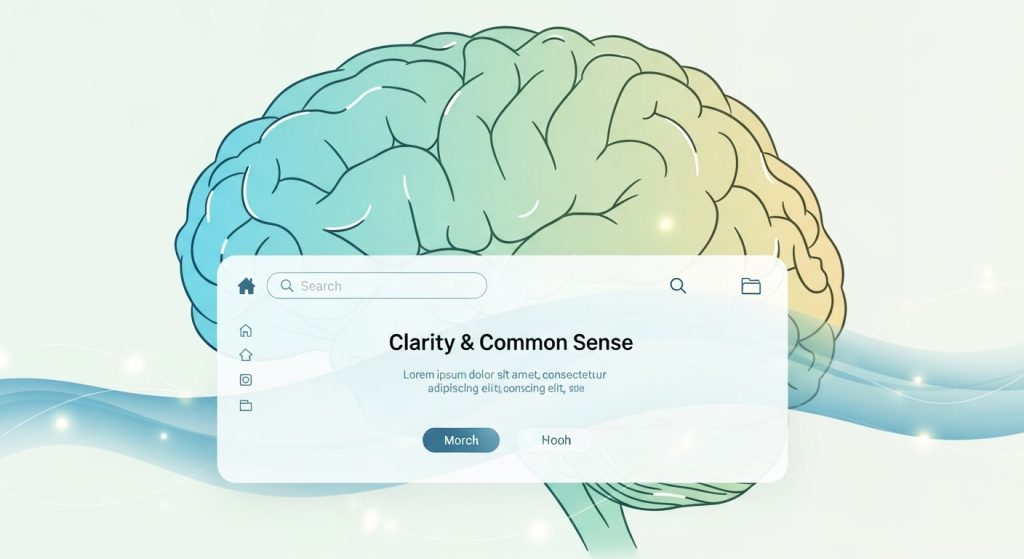What is node js?
Node.js is a cross-platform and open-source back-end JavaScript runtime environment. According to a developer survey by Stackoverflow, it is the sixth most popular technology. Node.js technology envisions replacing the client/server model, in which the server only answers client queries and disconnects after each response.
It uses the Chrome V8 engine to execute JavaScript code outside the web browser. Node.js uses an asynchronous event-driven JavaScript engine to build a scalable network application. Node.js establishes a two-way connection between the server and the browser, resulting in low latency and high throughput.
Node.js is different from client-side Javascript in that it removes certain things, like DOM manipulation, and adds support for event I/O, processes, streams, HTTP, SSL, DNS, string and buffer processing and C/C++ addons.
Why node js for election campaigns?
Here are some features of Node js that make it a perfect candidate for leveraging it in election campaigns.
- Asynchronous and Event-Driven The Node.js library’s APIs are all asynchronous, or non-blocking. It basically means that a Node js based server never waits for data from an API. After accessing an API, the server moves on to the next one, and a notification mechanism in Node.js called Events assists the server in receiving a response from the previous API request.
- Node.js library is highly quick in code execution because it is built on Google Chrome’s V8 JavaScript Engine.
- Node.js employs a single-threaded architecture with event looping, making it very scalable. In contrast to typical servers, which create limited threads to process requests, the event mechanism allows the server to reply in a non-blocking manner and makes it more scalable. When compared to traditional servers like Apache HTTP Server, Node.js uses a single-threaded program that can handle a considerably larger number of requests.
- No data is ever buffered in a Node.js application. The data is simply output in chunks by these apps.
- Node.js is open source and it is licensed under MIT license.
- Nodejs has extensive large internal libraries, third-party libraries and a CommonJS module system.
- Low-level – It doesn’t remove functionality present at the POSIX layer. For eg: it support half-closed TCP connections
Different scenarios where technology has been used in election campaigns.
Different Information and Communication Technology solutions have been incorporated into the political process time and again. The inclusion of technology piques the curiosity of voters and all the concerned authorities around the world. We can clearly see that the majority of electoral management bodies (EMBs) around the world are now using modern technologies to improve their electoral processes.
These include basic office automation tools like word processing and spreadsheets to more sophisticated data processing tools like database management systems, optical scanning, and geographic information systems. E-voting, or the use of electronic technology in casting or counting votes, is a particularly important application of technology in elections.
E-voting has a variety of applications, including expanding international voter participation and making elections more accessible to voters with impairments. Over a decade ago, various countries, particularly in Europe, began testing e-voting in some form.
While these technologies open up new horizons and opportunities for the electoral process, particularly voting operations, there may be unanticipated concerns, such as a rise in vote selling or problems auditing election results. The consequences of introducing technology in an improper or inopportune manner must also be carefully considered, especially if it has the potential to jeopardize transparency, local ownership, or the long-term viability of the democratic process. The public, governments, and media have all paid attention to cybersecurity in elections and will continue to do so.
Although technological advancements in election administration might be significant, these benefits must be evaluated against the risk of new vulnerabilities and difficulties. Because of security concerns, many countries who experimented with e-voting are now reverting to pen and paper voting or abandoning their pilot initiatives. When it’s impossible to eliminate technologies, effective planning can help avoid similar cybersecurity concerns.
How Gurkha Technology can help election campaigns
Gurkha Technology has been serving the Information Technology industry for the past decade. With a cumulative experience of more than 60 years, we can help you get the best benefits that technology has to offer. We can assist you with designing data-driven intelligent marketing campaigns and advertising API based marketing executions. Our expertise in technology can help you leverage the best of twenty-first-century advancements.
Please do subscribe to our newsletter to learn more about our offers and be updated with new significant changes in the tech industry and get informed when we publish the next part.
📚 For more insights, check out our digital marketing best practices.



2 comments
Quite interesting for upcoming local election. Nice read.
Indeed Rakesh, stay tuned for more interesting articles on our blog.
Comments are closed.